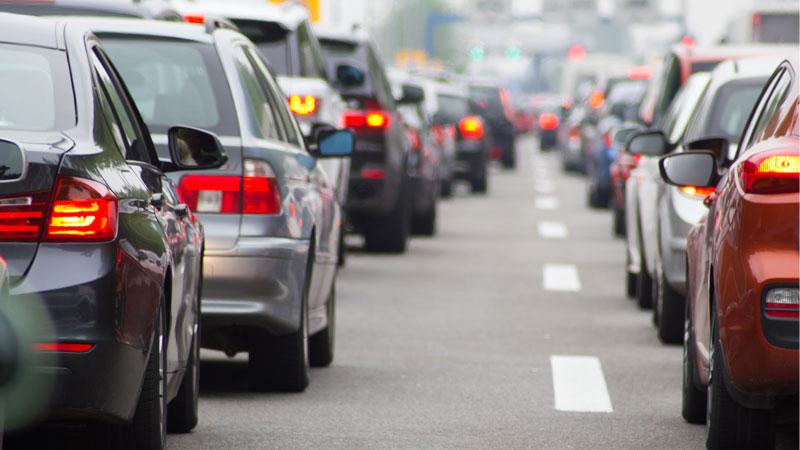In collaboration with experts, the University of Westminster’s Active Travel Academy has produced draft guidelines for the UK’s first media reporting guidelines for road collisions, which are being launched for consultation to help journalists, broadcasters and publishers improve the public debate around road safety. Members of the public, interested groups and organisations are invited to respond.

Media reporting influences how we tackle the issues facing society, and while guidelines already exist for reporting on suicide, children and refugees, for example, none specifically guide best practice around reporting of road collisions.
Road crashes claim more than 1,700 lives a year in the UK alone, and cause life-changing injuries for thousands more. Worldwide, road collisions are now the leading cause of death for young people (aged 15-29). On a more subtle level, road danger fundamentally impacts our daily lives and how safe we feel on our streets.
While there are examples of good reporting, as recognised by the Active Travel Media Awards, collisions and their causes are too often misinterpreted or misrepresented. By confusing public debate this risks hampering genuine progress in tackling road crime and improving road safety. Road danger disproportionately affects the poorest and most vulnerable in society and the COVID-19 crisis has laid bare inequalities in how we use our streets, with increases in road collisions despite a dramatic fall in road traffic.
The draft guidelines are produced by the University of Westminster’s Active Travel Academy in collaboration with national roads policing, academics and experts in the field, road safety charities, and the National Union of Journalists’ ethics council, and advised by IMPRESS. The Guidelines’ four main clauses speak to core journalistic principles of accuracy, fairness, non-discrimination and justice.
The guidelines, if adopted, will form an “industry standard” to help pave the way for better reporting in broadcasting, online and in print.
Talking about the new guidelines, Professor Rachel Aldred, Director of the Active Travel Academy at the University of Westminster, said: “Research shows that how crashes are reported shapes how we think about and respond to them, sometimes in quite problematic ways. So it is crucial that journalists have guidance helping them with current best practice around road collision reporting, as exists for other issues such as suicide and domestic violence.”
The four clauses each align with journalistic values that inform existing reporting guidelines - with more detailed explanations and examples on the website. These are:
1.1 Impartiality: Publishers must not use the term accident when describing road collisions – collision, or crash, are more accurate, especially when the facts of the incident are not known
1.2 Discrimination: publishers must avoid using negative generalisations of road users, and must not use dehumanising language or that which may incite violence or hatred against a road user in comment and news coverage
1.3 Accuracy: Coverage of perceived risks on the roads should be above all accurate, based in fact and context. Publishers should make mention of human actors in a collision, and avoid reference to personal protective equipment, such as hi-vis and helmets, except when demonstrably relevant
1.4 Reporting on crime: Publishers must avoid portraying dangerous or criminal behaviour on the roads, such as speeding, as acceptable, or those caught breaking the law as victims
The closing date for consultation responses is midnight on Sunday 8 November. Responses will be assessed by the working group and the first Road Collision Reporting Guidelines will be officially launched at this year’s Active Travel Media Awards, on 26 November 2020, and published on a dedicated website.
To view the full guidelines and get involved in the consultation, please respond via a web form or by emailing [email protected].


